
How Pulmonary Disease Impacts Equine Performance
Understanding how pulmonary disease impacts performance can help veterinarians diagnose and treat issues that could be impairing horses’ athleticism.

Understanding how pulmonary disease impacts performance can help veterinarians diagnose and treat issues that could be impairing horses’ athleticism.
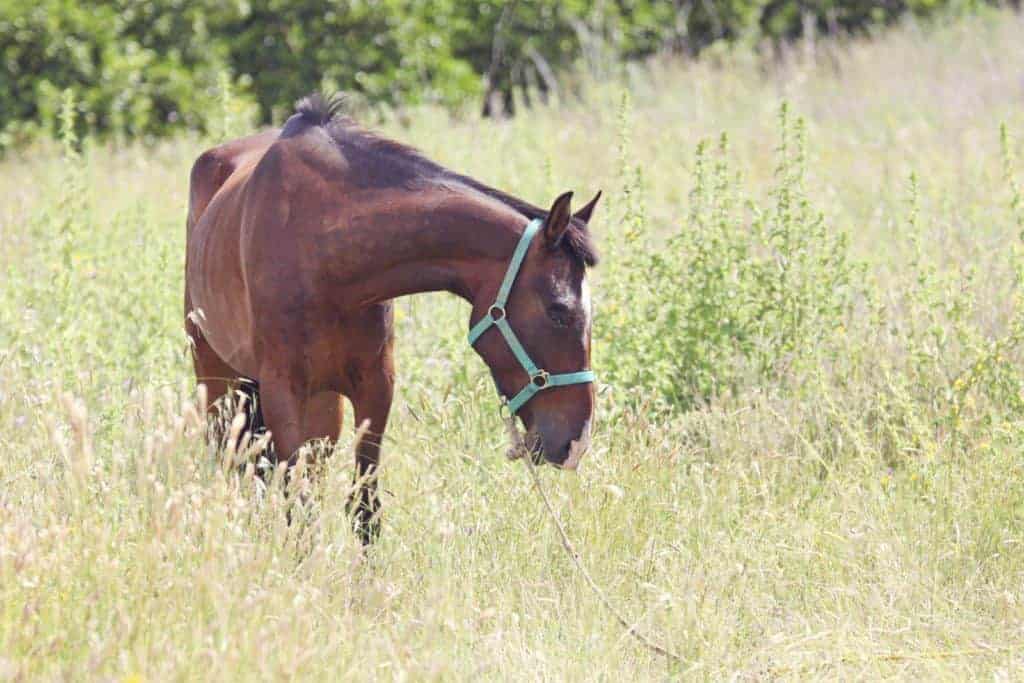
Horses with myositis experience rapid, widespread gluteal and epaxial muscle atrophy. Here’s what veterinarians know about about this immune-mediated condition.

Recent study results suggest heart rate monitoring can allow trainers to assess workloads and adjust training for improved conditioning and race outcomes.

The ACVIM published a new consensus statement on treating, controlling, and preventing strangles in horses.

Recent study results suggest competitive riders would be much more inclined to use technology to keep track of their mounts’ biometric data than recreational riders would.
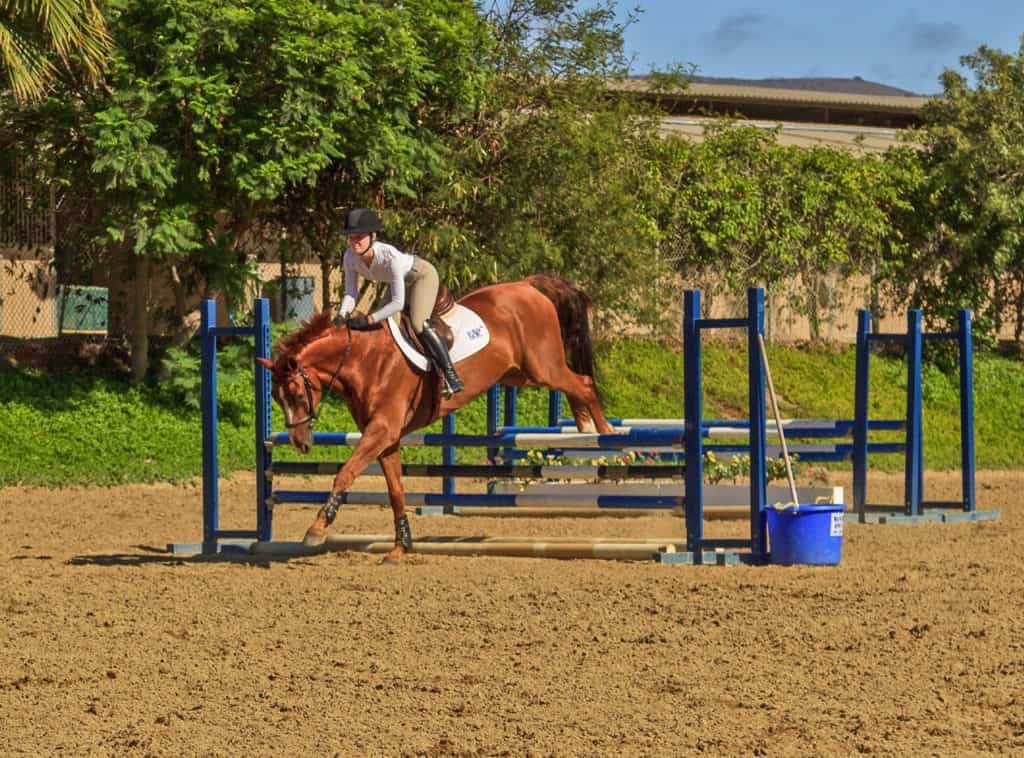
A single-toe format “outweighed the costs” of multiple-toe formats as horses gained body mass and grew longer legs.
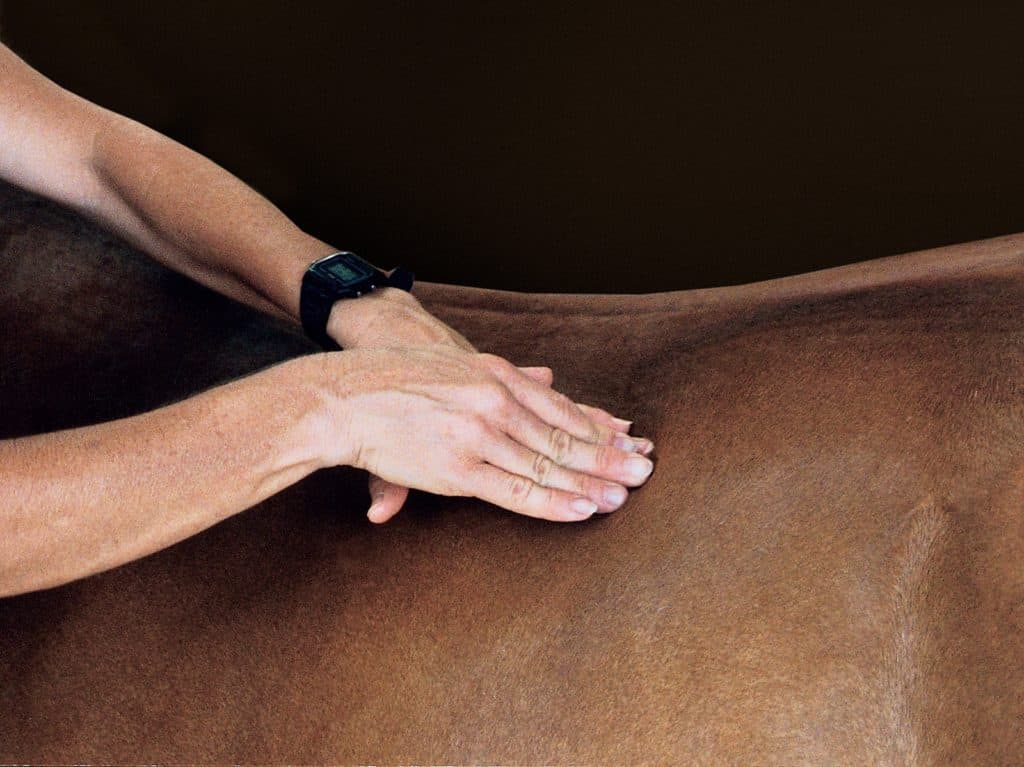
A bill pending in the Nebraska legislature would exempt equine massage therapists from licensure in that state.

The more data vets have on the injuries Western horses experience, the more they can do to try to rehabilitate or prevent them, one practitioner says.

The prognosis for performance soundness in nonracing horses diagnosed with sagittal groove injury and concurrent osteoarthritis is poor, researchers found.
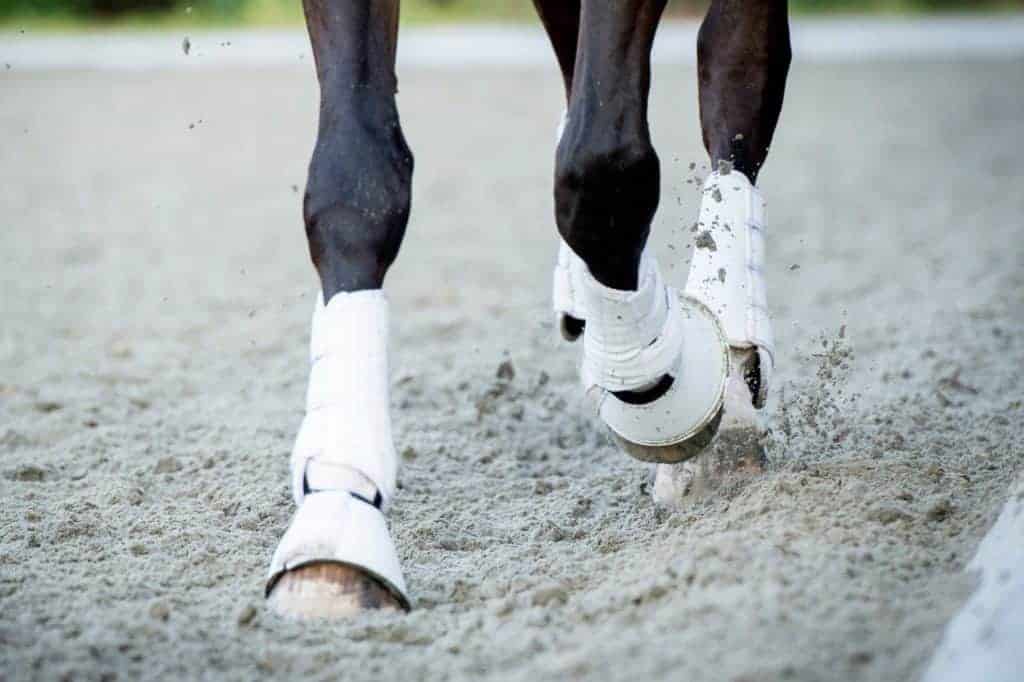
This is the second article in a series looking at how researchers test and maintain equine competition surfaces worldwide.

Seasoned sport horses often need a little extra TLC to continue performing well into middle age.
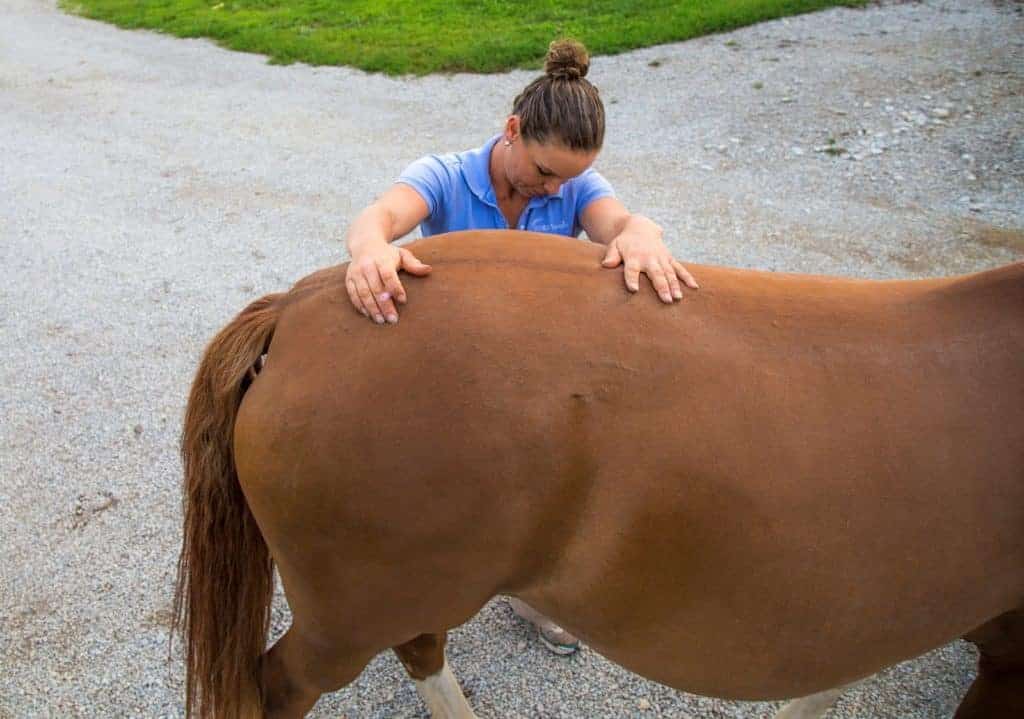
Instead of causing foot pain directly, rear hoof imbalances seem to cause more problems higher up the leg—to the hocks, stifles, glutes, and sacroiliac joint, one vet says.

Presenters will speak on pre-race examinations, on-track protocols, test barn best practices, technology resources, biosecurity, and more.

A recent study has revealed that aspirin’s effects on horses seem less pronounced than in humans. In fact, some horses might be resistant to it.

Many gastric-support supplements include pectin and lecithins. Find out how they might help horses with EGUS.
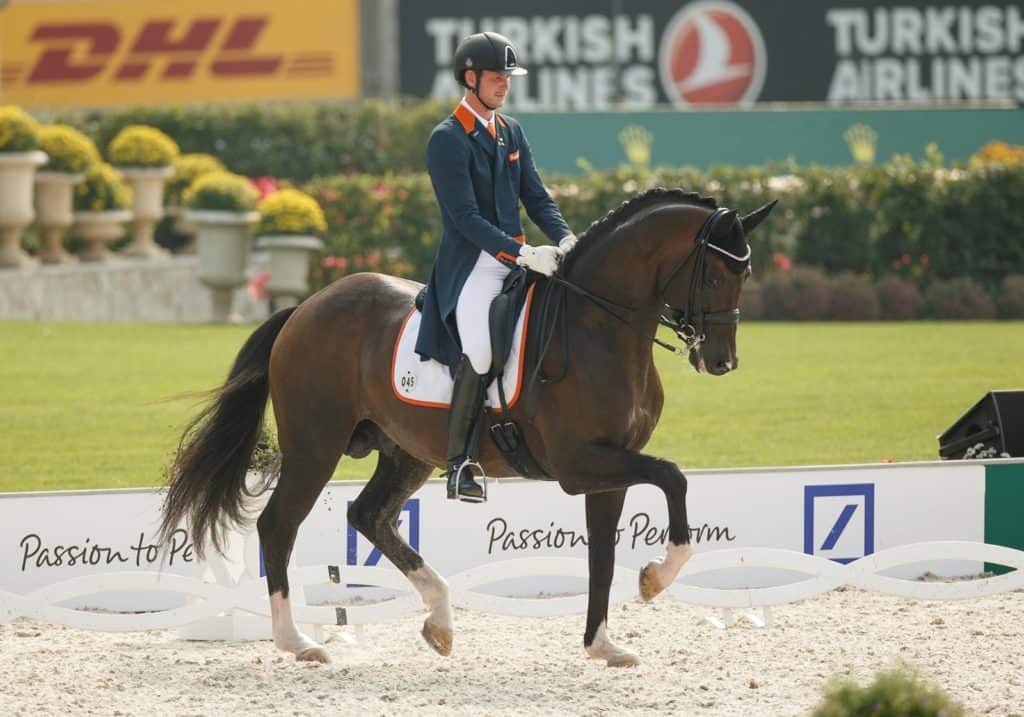
This research could help riders select dressage mounts to ensure their ability to perform the required movements while maintaining soundness.
Stay on top of the most recent Horse Health news with
Notifications